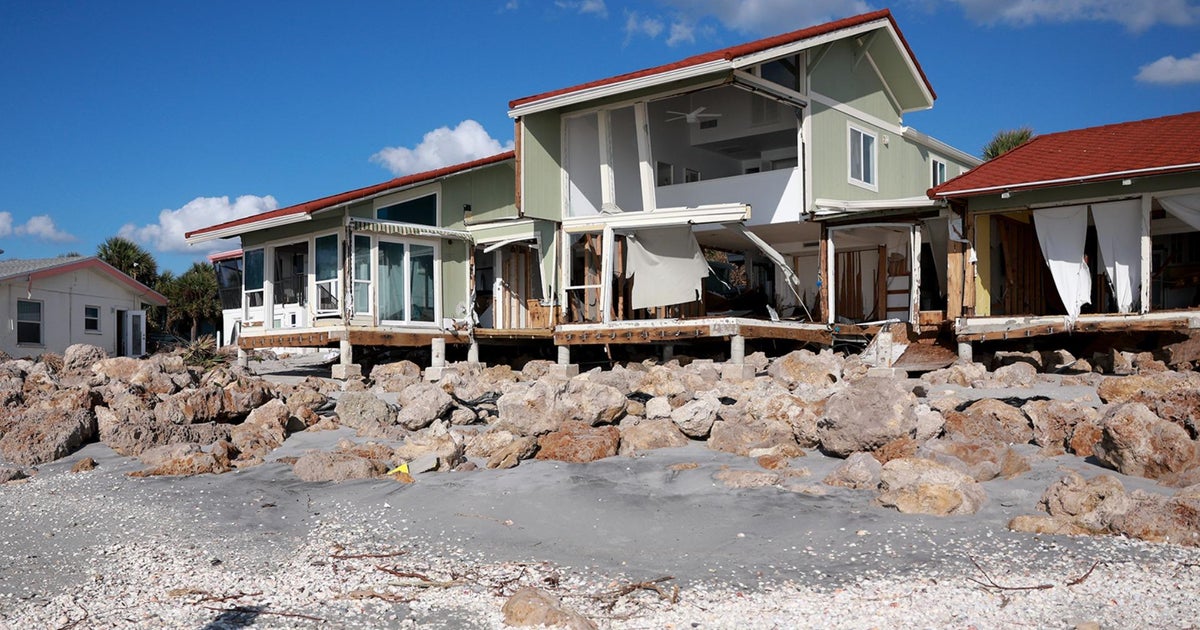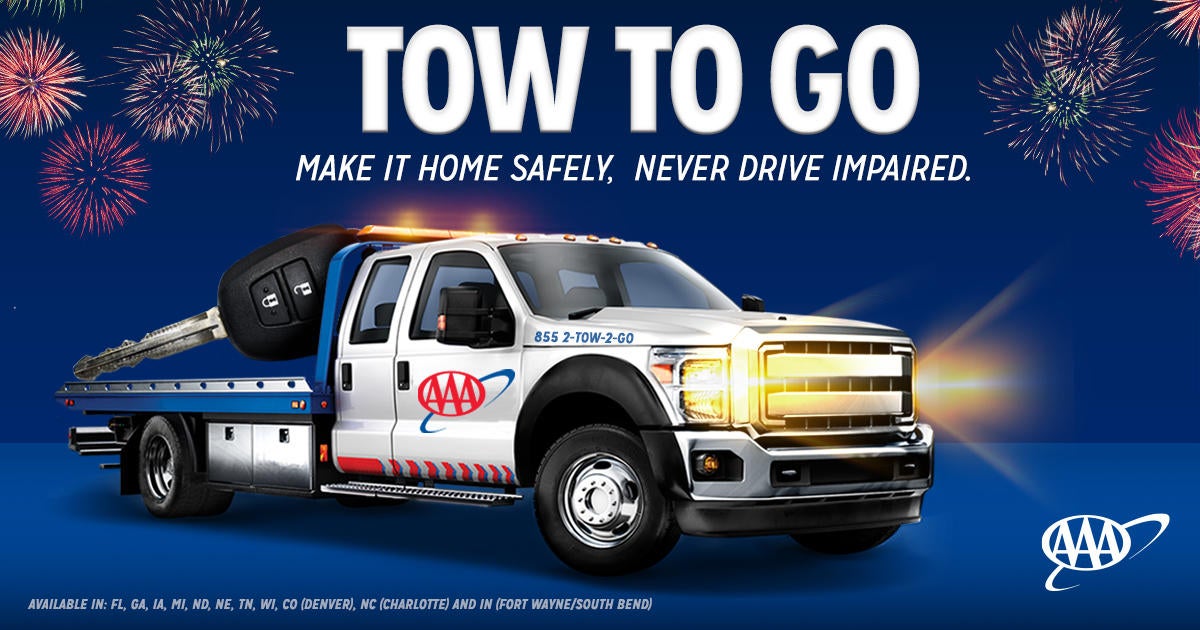New FCC Standards Could Keep Annoying Robocalls From Invading Your Phone
Follow CBSMIAMI.COM: Facebook | Twitter
NEW YORK (CBSMiami) – It's estimated that by early next year, nearly 50 percent of all the calls you get on your cellphone will be robocalls.
More than five billion robocalls were made last month alone.
The FCC is demanding telecommunications companies lay out their plans to meet new standards, so that calls can be identified and stopped.
T-Mobile's programs to stop robocalls begin in a lab packed with computer servers.
From that noisy room came T-Mobile's "Scam ID" program.
It alerts customers to problem calls they won't want to pick up.
Company vice president Grant Castle believes T-Mobile is ahead of its competitors and the robocallers.
"Every time we make an improvement the scammers make a change, so it's an arms race to see who can trick who," Castle explained. "It's an arms race. It's escalating."
Customers can use the scam id feature to screen unfamiliar calls, or block them completely.
And this week, T-Mobile is launching a new app "Name ID" that will allow users to choose the type of call they want to block; everything from nuisance calls, to political or charity calls, even prison calls.
But the FCC is also pushing companies to meet new standards known by the acronym "shaken/stir".
They would allow carriers to verify calls with a digital fingerprint, to show that the person making the call and the person receiving the call are who they say they are not a scammer trying to "spoof" or imitate a phone number.
"…and more or less it says I am who I am," said Castle.
T-Mobile says it's ready and other major carriers say they're working on it. But others apparently are not: in letters the FCC asked them why not and gave all 14 companies until Monday to detail their plans to the agency.
But in order for that plan to work, all carriers have to get on board.
CBS News reached out to all fourteen phone carriers that received a letter from the FCC.
The majority responded and said they will tell the FCC today that they are preparing to adopt the new call authentication system in 2019.
Whether the carriers will all be able to deploy the system in 2019 remains to be seen.



